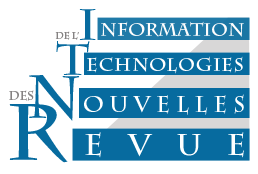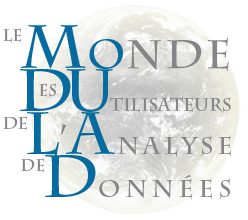Object-Oriented Technologies: A Scientific Perspective
In LMO 2008, vol. RNTI-L-1, pp.3-4
Résumé
For the last three decades, a great many object-oriented methodologies, languages, and frameworks have been proposed, applied, and disseminated throughout the academic and practitioners' communities. Each new conference features new ideas, tools, or viewpoints. However, what do we know about their applicability, cost, and benefits? For most of them, next to nothing. Adopting one technology among a set of alternatives is mostly a matter of opinion, an act of faith. And god knows opinions abound on these matters. Can we somehow assess and adopt technologies in a more rational fashion? Can we be more scientific about the way we discuss new ways of solving a problem? Can we be more engineering-like by being more driven by problems, and perhaps less by ideology? This talk will discuss how the experimental paradigm what is sometimes referred to as the scientific method can be instrumental in providing the information we need to make informed decisions, as this is the case in many other scientific fields. I will focus the discussion on object-oriented technologies (e.g., UML modeling) and will illustrate my talk with examples of real experiments and case studies.

